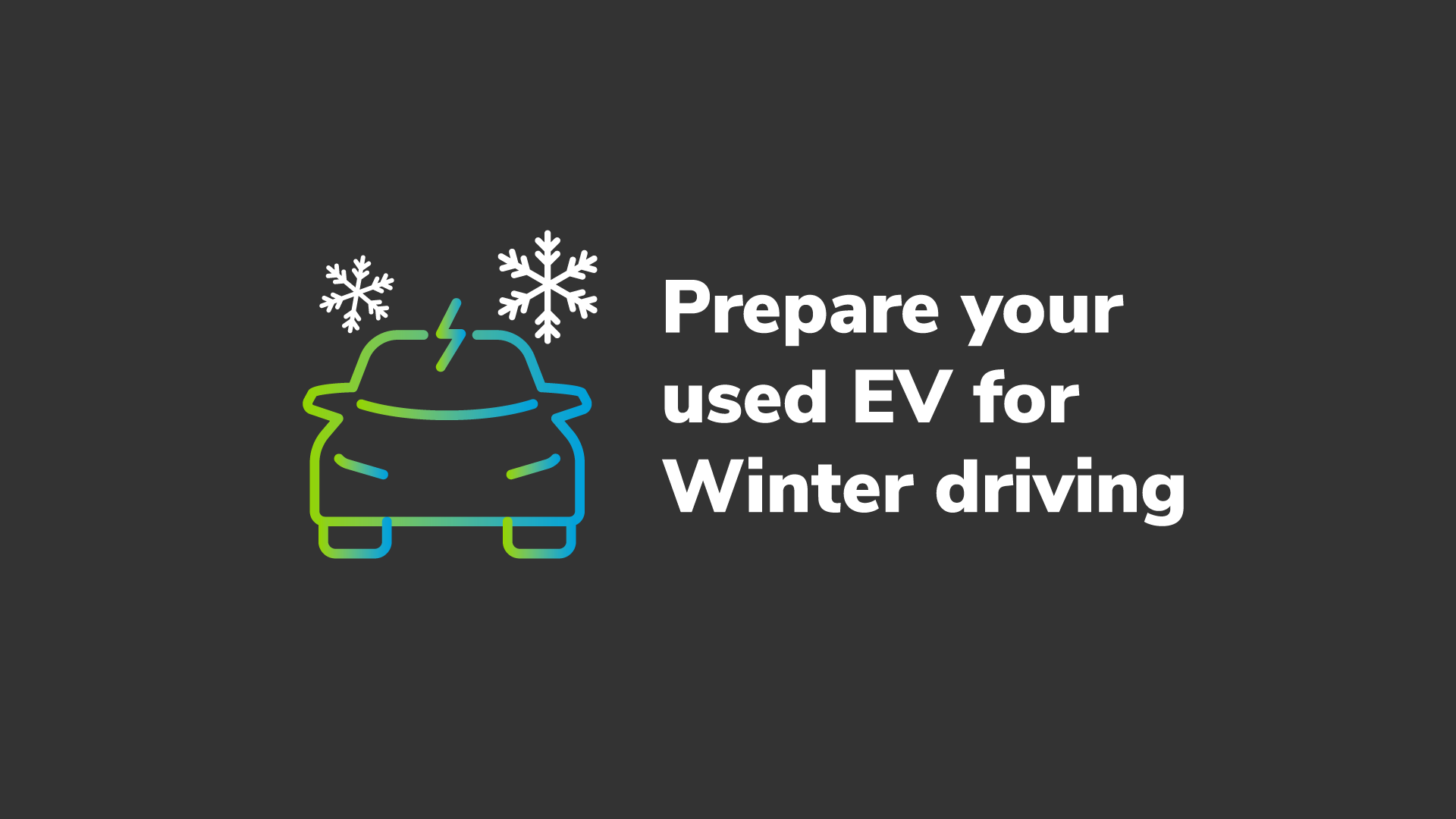EV preconditioning in cold weather
One of the great things about electric cars is the huge amounts of futuristic technology they come with.
This technology makes handling the cold weather far less of a chore – you can forget hopelessly scraping at your frozen windscreen before the sun is even up.
Most EVs come with remote connectivity, meaning you can start and schedule cabin preconditioning remotely. Turn your car’s heater on the second you wake up, and ensure the cabin is warm and your windscreen is defrosted by the time you’re ready to leave.
If your car is plugged in, the power used to warm the interior will be taken from the mains, so none of your battery charge is used up prior to departure. An already-warm cabin will also mean you won’t have to use as much energy for heating once you’ve set off.
Battery preconditioning is another feature available on many EVs and makes sure your battery is warmed to an optimal temperature prior to leaving the house, again using power from the mains. Warming your battery means you won’t suffer from the loss of range and slower charging that comes with colder weather.
If you can’t use battery preconditioning ahead of your trip, try to wait as long as possible before heading to a public charger. The longer you drive before plugging in, the closer to the optimum temperature your battery will be, meaning it will charge at the usual speed. Regenerative braking will also get your battery warmed up quicker.





